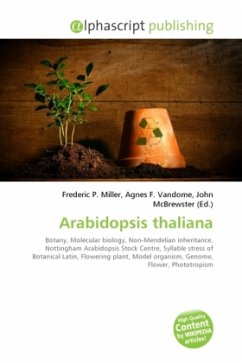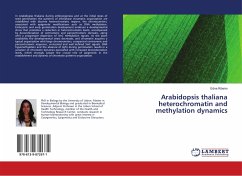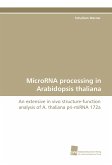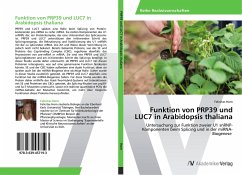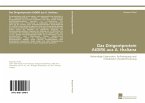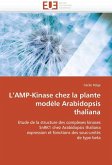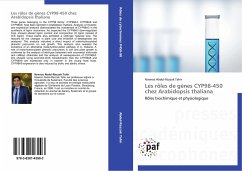Recent studies are uncovering how circadian clocks play a role in maintaining an organism homeostasis. In the model plant, Arabidopsis, time for coffee (tic) was originally reported as a circadian-clock mutant defective in sensing dawn because its clock incorrectly resets before morning. In this book, I present the results from a microarray study of tic. The mutant had a vast transcriptome reprogramming that resulted in an array of pleiotropic phenotypes. Besides its clock defects, tic showed hypersensitivity to oxidative stress, altered ABA-related responses, such as drought tolerance, defects in iron homeostasis and alterations in starch metabolism between others. Along to these analyses, a biochemical approach and the study of TIC single homolog in Arabidopsis genome are also explored. The work presented here will be of interest to the scientific community of the field, but also to students of biology, in particular those interested in plants. The approach taken to summarize microarray data and translate it to useful and biologically relevant results, as a case study, would help those in analyzing data in the genomic era while keeping a global view of the biological phenomena.
Bitte wählen Sie Ihr Anliegen aus.
Rechnungen
Retourenschein anfordern
Bestellstatus
Storno


